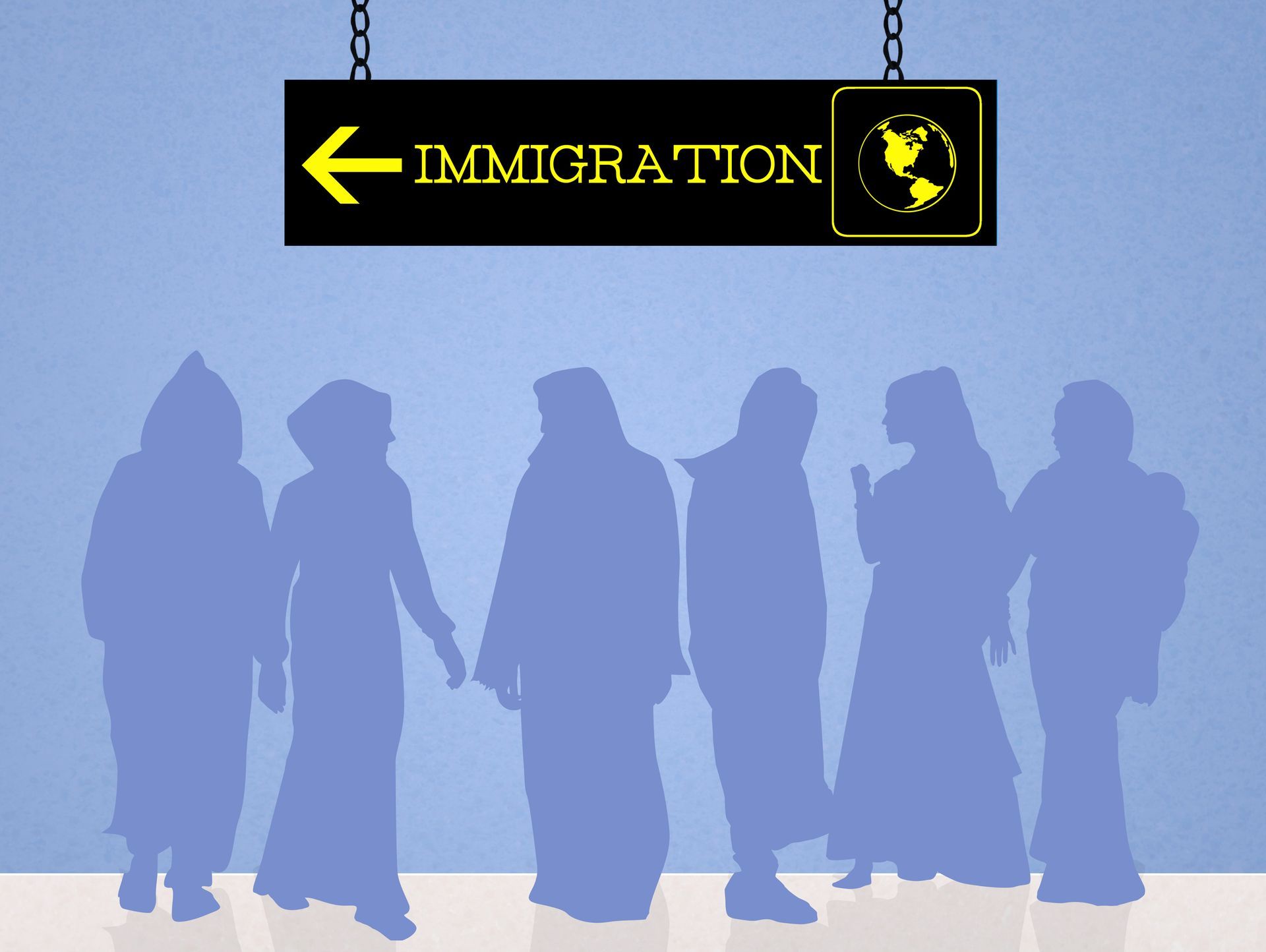What Happens in Immigration Court?
Immigration courts are specialized courts within the U.S. Department of Justice where immigration cases—called “removal proceedings”—are decided by immigration judges. Unlike federal or state courts, immigration courts focus specifically on cases related to immigration laws and regulations. Currently, there are over 60 immigration courts in the United States, including the Kansas City Immigration Court.
Key People in Immigration Court
- Immigration Judge: The immigration judge presides over the hearings, makes determinations on evidence and legal arguments, and decides the outcome of the case. Immigration judges are appointed by the Attorney General and are responsible for ensuring the proceedings are conducted impartially.
- Respondent: The respondent is the individual facing removal proceedings. The respondent can be represented by an attorney or choose to represent themselves.
- Immigration Attorney: A defense attorney represents the respondent in immigration court, providing legal advice, presenting evidence, and making arguments on their behalf. Having an immigration attorney who is experienced in immigration proceedings is crucial as immigration law is complex and the stakes are high. One study estimated that immigrants who are represented by an attorney are 5 times more likely to win their case than people who do not have an attorney.
- Government Attorney (Trial Attorney): Representing the Department of Homeland Security (DHS), the government attorney is responsible for presenting the case against the respondent. Their role includes demonstrating why the respondent should be removed (deported) from the country or why their application for relief should be denied.
- Courtroom Clerk: The clerk manages the administrative aspects of the court, including scheduling hearings, maintaining records, and assisting with the filing of documents.
- Interpreter: Immigration courts are required to provide an interpreter to respondents who need them. The interpreter help ensure that all parties understand each other. Their role is vital in making sure that individuals who do not speak English can understand the proceedings and present their case effectively.
The Process in Immigration Court
- Initiation of Removal Proceedings: Immigration court proceedings begin when a Notice to Appear (NTA) is filed with the court and served on the respondent. This document outlines the charges under the law and reasons for removal or other actions
- Master Calendar Hearings: The first type of hearing is a master calendar hearing, where procedural matters are discussed, This hearing is often brief and focuses on scheduling and preliminary issues rather than substantive matters.
- Individual Merits Hearing: In the individual merits hearing, the respondent presents their case in detail. This involves submitting evidence, calling witnesses, and making legal arguments. The government attorney also presents evidence and arguments supporting the case for removal or denial of relief.
- Decision: After the evidence and arguments have been presented, the immigration judge will give their decision. This could involve granting relief, such as asylum or cancellation of removal, or ordering removal from the United States. In some cases, the judge may issue a written decision later, rather than delivering it from the bench.
- Appeals: If the respondent disagrees with the judge’s decision, they have the right to appeal to the Board of Immigration Appeals (BIA). The BIA reviews the case and the judge’s decision for legal errors and can either uphold, modify, or overturn the decision. Further appeals can be made to federal courts.
Immigration court proceedings can be complex and emotionally taxing but understanding the basics of the process can help demystify what happens and prepare you for what to expect.












